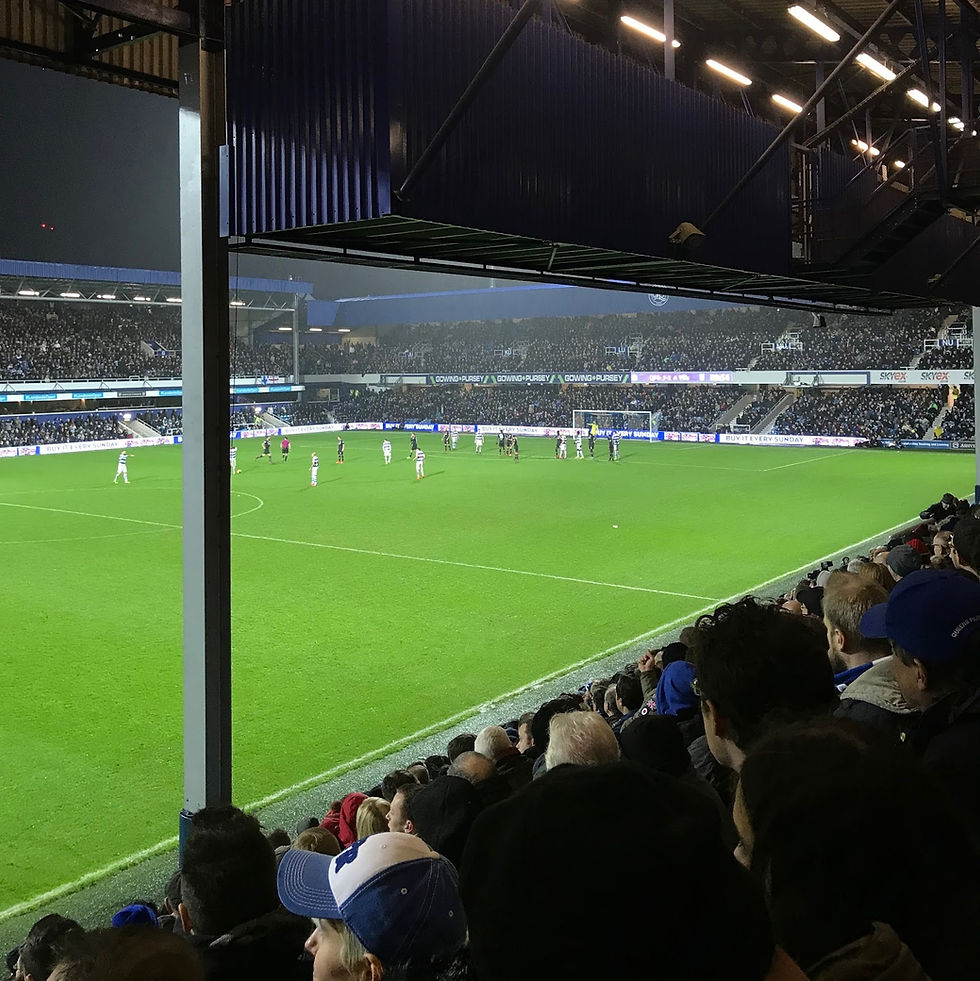‘How Steeple Sinderby Wanderers Won the FA Cup’ by J.L. Carr
- Tomás S. Ó Ceallaigh

- Oct 25, 2016
- 3 min read
Updated: Apr 7, 2021

The 2015/16 football season in the England was perhaps the perfect year for a reissue of this book. It was the year that, against all odds and logic, unfancied Leicester City went on to win the English Premier League – it was also the season my team, Aston Villa, got relegated but we won’t dwell on that.
Coupled to this, most football supporters love an underdog story and many would confess to having cheered on teams like Bradford in their cup victory over Chelsea in the early rounds of the FA Cup in 2015. Of course, provided it’s not our team on the receiving end of the giant killing, we don’t mind.
How Steeple Sinderby Wanderers Won the FA Cup, published in 1975, is so much more than just a novella on an underdog team winning; it is also a much more interesting painting of rural society and how England was changing in the 1970s, seen through the eyes of J.L Carr.
The novella is narrated by Joe Gidner, a listless twenty-something who writes messages for the inside of greetings cards, rents a room in the schoolmaster Alex Slingsby's house and assists him in the care of his disabled wife. The only thing that seems to provide him with any sense of purpose is his role as the secretary of the local amateur football team.
The village is described as having a “popn 547, height above sea‑level in the Dry Season, 32 feet” which perhaps hints at some quite remote fenland location of Lincolnshire, although the exact location is never really revealed. The description of the wintry countryside adds to this sense of remoteness from the modern world: “Mud, fog, dripping trees, blackness, floods, mighty rushing winds under doors that don’t fit, damp hassocks, sticking organ keys, stone floors and that dreadful smell of decay.”
The storyline is peopled by an odd assortment of characters with a great selection of names, but all eminently believable for someone who has lived in the countryside. For example: Mr Fangfoss, a prosperous farmer and the chairman of the team by virtue of the fact that he is in charge of almost everything else; Dr Kossuth, an Hungarian émigré whose analytical mind is able to distil a system for winning games following a trip to Leicester City’s old home of Filbert Street; and Ginchy Trigger whose hyperbolic reportage on the team’s progress provides a verbose indication that football is actually involved in the story.
Armed with Dr Kossuth’s postulations on football, a couple of ex-pros (one of whom had a short stint at Aston Villa) and the vicar (amongst others), they take on a number of local teams before the bigger tasks of Leeds United and Manchester United as the rounds progress.
All this leads towards their unlikely victory against even unlikelier opponents Glasgow Rangers in the final – although strange, up to 1886/87 it wasn’t unusual for Scottish teams to appear in the FA Cup.
Along the way, some of the more telling moments occur that in many ways relate directly to the world as we know it now. The media scrum that descends on the village in the lead up to the final, making an instant celebrity of the polygamous Fangfoss because of his outrageously bigoted opinions, seems reminiscent of how the modern media love to pick up random members of the public, shove them mockingly in front of the camera before spitting them into oblivion again.
Following their team’s victory in the FA Cup Final, things seem to fall apart in the village. Some characters move on with life, others don't. Slingsby's wife dies and our narrator, who had finally built himself a sense of purpose, makes his move on Ginchy Trigger, only to find he’s missed his opportunity. Their moment in the sun over, there is no hope to relive those lost moments, and maybe they are best left as memories.
In many ways this is one of the saddest novellas I’ve ever read, but I would wholeheartedly recommend reading it. It is a tale full of truths and is a fitting tribute to those who grind away with amateur clubs in the quieter recesses of our nation.






Comments